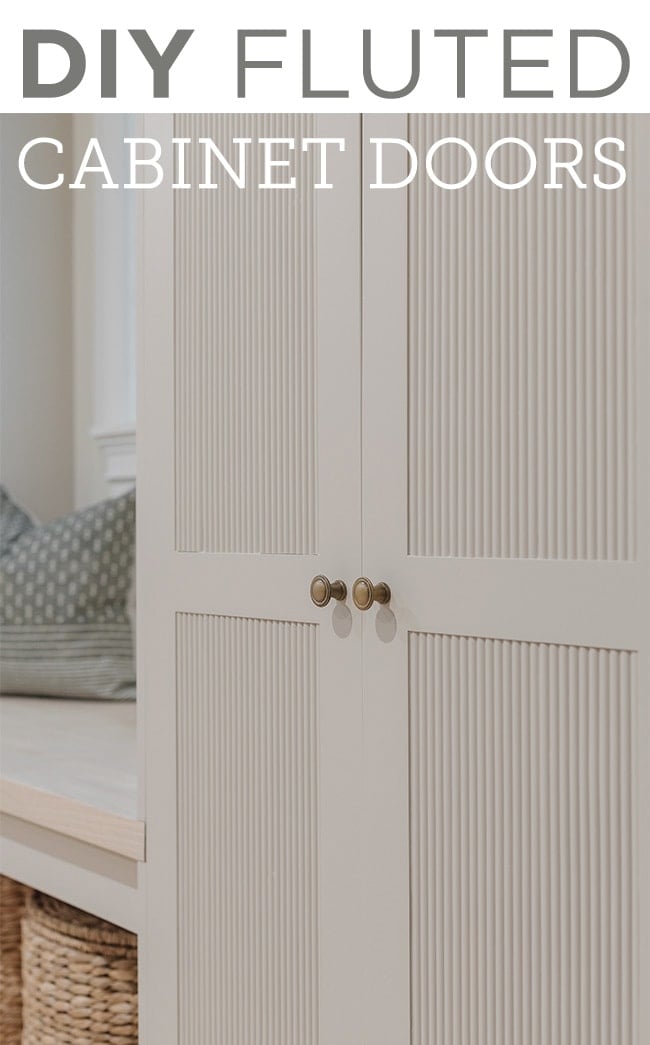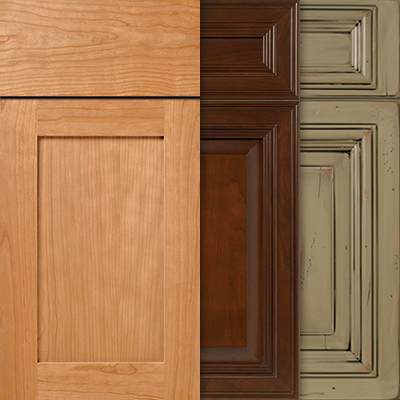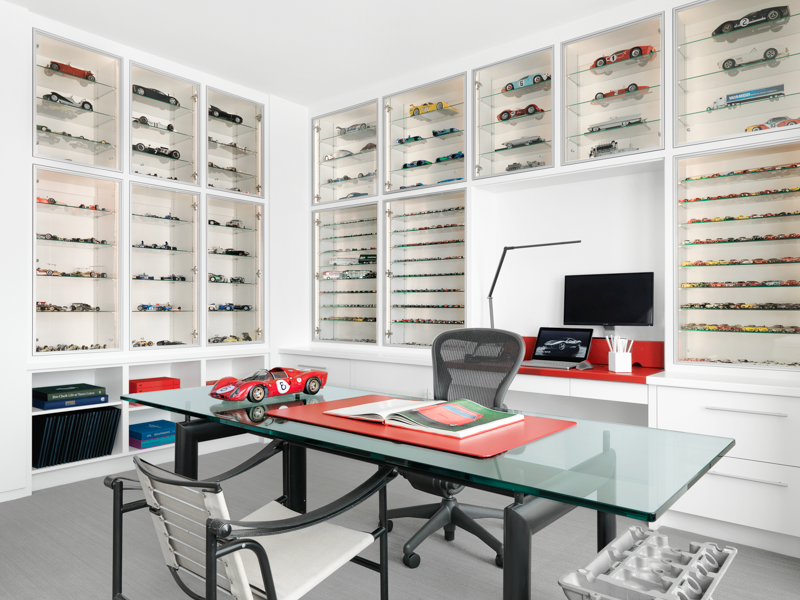Featured
The appropriate option of products can significantly influence your entrance's looks, sturdiness, and functionality. Below's an overview to choosing the ideal materials for your custom-made entrance gateway.
Wood gateways radiate heat and natural appeal, making them a popular choice for rustic and standard layouts.
Pros:
Visual Appeal: Uses a timeless, sophisticated appearance that enhances a range of building styles.
Adjustable: Can be discolored, repainted, or sculpted to achieve an one-of-a-kind design.
Eco-Friendly: Sustainable options like redeemed wood minimize environmental effect.
Cons:
Maintenance: Requires regular discoloring or securing to shield versus weather and pests.
Durability: May warp, fracture, or rot gradually without correct care.
![]()
Metal gateways are celebrated for their sturdiness and capacity to fit intricate styles.
Pros:
Durability: Resistant to tear and use, making it optimal for high-traffic locations.
![]()
Layout Adaptability: Suitable for both conventional wrought iron designs and modern-day, sleek designs.
Low Maintenance: Requires marginal upkeep with proper coverings to protect against rust.
Cons:
Expense: High-quality steels like functioned iron or stainless-steel can be pricey.
Heat Retention: May end up being warm to the touch in straight sunshine.
Light weight aluminum is an economical choice to larger steels, providing a modern-day look with reduced upkeep.
Pros:
Corrosion-Resistant: Perfect for locations with high humidity or seaside climates.
Lightweight: Easier to set up and run compared to other metals.
Budget-friendly: Offers a sleek appearance at a reduced price.
![]()
Disadvantages:
Stamina: Much less durable than much heavier metals like steel or iron.
Limited Modification: Not as flexible for elaborate styles.
Plastic entrances are understood for their affordability and simplicity of maintenance, making them a functional option for several property owners.
Pros:
Reduced Maintenance: Resistant to weather, parasites, and UV rays.
Economical: Inexpensive upfront and over time as a result of very little maintenance.
Variety: Available in a series of designs and colors.
Cons:
Longevity: Much less tough than timber or metal and can split in severe temperatures.
Appearance: Lacks the natural appearance of wood or the refinement of steel.
Compound gateways integrate wood fibers with plastic or material to produce a sturdy and appealing option.
Pros:
Longevity: Immune to rot, warping, and parasites.
Low Maintenance: Doesn't require painting or discoloration.
Eco-Friendly: Often made from recycled materials.
Cons:
Price: A lot more expensive than traditional wood or plastic.
Appearance: May do not have the authenticity of all-natural timber.
When Finding Materials,Secret Considerations.
Environment: Think about exactly how the material will certainly perform in your neighborhood weather. Metal is suitable for resilience, while vinyl functions well in moist atmospheres.
Maintenance: Choose a product that fits your way of life and determination to maintain it gradually.
Design: Ensure the material lines up with your home's architectural design and individual taste.
Spending Plan: Factor in both ahead of time prices and long-term costs for repair and maintenance.
Final Thoughts
Selecting the appropriate product for your custom access gateway is an important action in creating a useful and visually attractive entrance to your home. Whether you focus on the timeless elegance of wood, the stamina of metal, or the functionality of plastic, there's a product to match your requirements. By balancing aesthetic appeals, durability, and price, you can design a custom gate that boosts your home's visual allure while standing the examination of time.
- Wood: Classic Style
Wood gateways radiate heat and natural appeal, making them a popular choice for rustic and standard layouts.
Pros:
Visual Appeal: Uses a timeless, sophisticated appearance that enhances a range of building styles.
Adjustable: Can be discolored, repainted, or sculpted to achieve an one-of-a-kind design.
Eco-Friendly: Sustainable options like redeemed wood minimize environmental effect.
Cons:
Maintenance: Requires regular discoloring or securing to shield versus weather and pests.
Durability: May warp, fracture, or rot gradually without correct care.
- Steel: Stamina and Adaptability

Metal gateways are celebrated for their sturdiness and capacity to fit intricate styles.
Pros:
Durability: Resistant to tear and use, making it optimal for high-traffic locations.

Layout Adaptability: Suitable for both conventional wrought iron designs and modern-day, sleek designs.
Low Maintenance: Requires marginal upkeep with proper coverings to protect against rust.
Cons:
Expense: High-quality steels like functioned iron or stainless-steel can be pricey.
Heat Retention: May end up being warm to the touch in straight sunshine.
- Light weight aluminum: Lightweight and Budget-friendly
Light weight aluminum is an economical choice to larger steels, providing a modern-day look with reduced upkeep.
Pros:
Corrosion-Resistant: Perfect for locations with high humidity or seaside climates.
Lightweight: Easier to set up and run compared to other metals.
Budget-friendly: Offers a sleek appearance at a reduced price.

Disadvantages:
Stamina: Much less durable than much heavier metals like steel or iron.
Limited Modification: Not as flexible for elaborate styles.
- Vinyl: Practical and Budget-Friendly
Plastic entrances are understood for their affordability and simplicity of maintenance, making them a functional option for several property owners.
Pros:
Reduced Maintenance: Resistant to weather, parasites, and UV rays.
Economical: Inexpensive upfront and over time as a result of very little maintenance.
Variety: Available in a series of designs and colors.
Cons:
Longevity: Much less tough than timber or metal and can split in severe temperatures.
Appearance: Lacks the natural appearance of wood or the refinement of steel.
- Composite Products: The Most Effective of Both Globes
Compound gateways integrate wood fibers with plastic or material to produce a sturdy and appealing option.
Pros:
Longevity: Immune to rot, warping, and parasites.
Low Maintenance: Doesn't require painting or discoloration.
Eco-Friendly: Often made from recycled materials.
Cons:
Price: A lot more expensive than traditional wood or plastic.
Appearance: May do not have the authenticity of all-natural timber.
When Finding Materials,Secret Considerations.
Environment: Think about exactly how the material will certainly perform in your neighborhood weather. Metal is suitable for resilience, while vinyl functions well in moist atmospheres.
Maintenance: Choose a product that fits your way of life and determination to maintain it gradually.
Design: Ensure the material lines up with your home's architectural design and individual taste.
Spending Plan: Factor in both ahead of time prices and long-term costs for repair and maintenance.
Final Thoughts
Selecting the appropriate product for your custom access gateway is an important action in creating a useful and visually attractive entrance to your home. Whether you focus on the timeless elegance of wood, the stamina of metal, or the functionality of plastic, there's a product to match your requirements. By balancing aesthetic appeals, durability, and price, you can design a custom gate that boosts your home's visual allure while standing the examination of time.
Latest Posts
Roofing System Replacement Guide: What to Anticipate from Start to End Up
Published Apr 25, 25
2 min read
Meet the Auto Specialists Behind Montclare Auto Repair - Experience You Can Rely On
Published Apr 24, 25
2 min read
Open Greater Earnings with WyHy Money Market Accounts
Published Apr 24, 25
1 min read
More
Latest Posts
Roofing System Replacement Guide: What to Anticipate from Start to End Up
Published Apr 25, 25
2 min read
Meet the Auto Specialists Behind Montclare Auto Repair - Experience You Can Rely On
Published Apr 24, 25
2 min read
Open Greater Earnings with WyHy Money Market Accounts
Published Apr 24, 25
1 min read